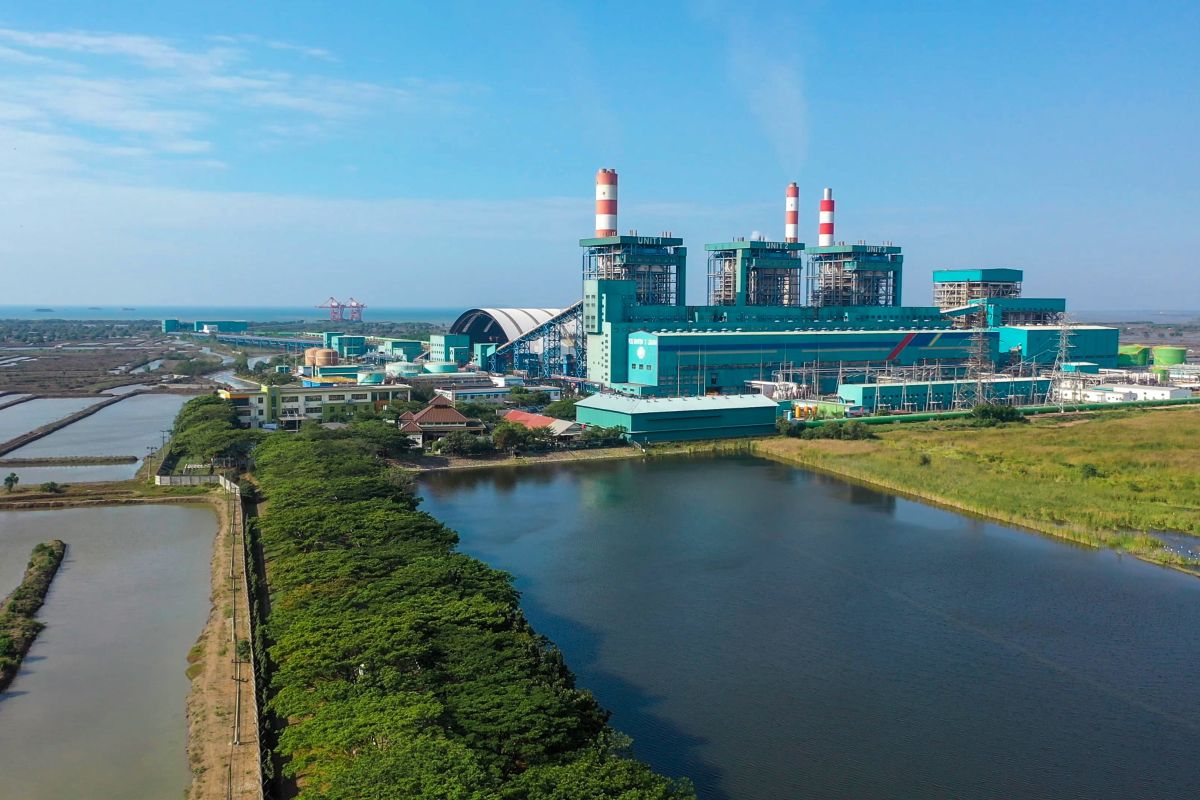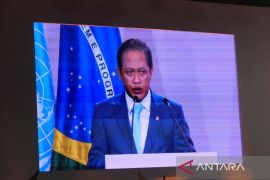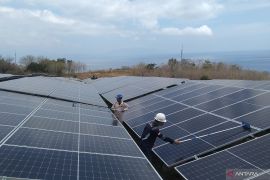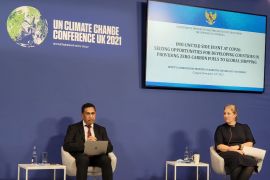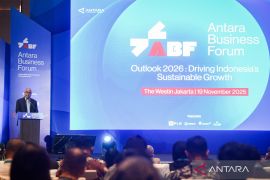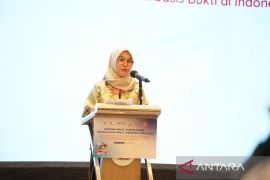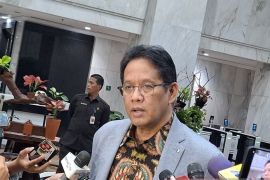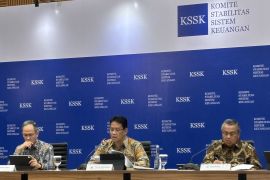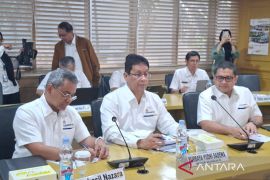President Prabowo Subianto and Vice President Gibran Rakabuming Raka have been echoing their great ambition of propelling Indonesia’s economic growth rate to eight percent, which is within reach theoretically as the current rate still hovers above five percent, surpassing the global average.
However, the more pressing question is whether Indonesia can advance its economy in tandem with pursuing initiatives aimed at decarbonizing economic activities.
Standing among countries contributing considerably to global carbon emissions, Indonesia should be aware that it could play a pivotal role in putting a lid on the increase in the Earth’s temperature by taking measures toward a low-carbon economy.
Negligence, on the other hand, might exacerbate the extent of the detrimental impacts of climate change, resulting in a hike in economic costs.
In addition, Indonesia’s economy, to a certain degree, has been relying on contributions made by emission-producing sectors such as mining, agriculture, and transportation. Hence, decarbonization is rather inevitable for Indonesia.
Fortunately, the Southeast Asian country has been walking the path to decarbonization for several years now. This is apparent from the issuance of the Enhanced Nationally Determined Contribution (ENDC) document, which puts forward Indonesia’s target to cut its carbon emissions by 31.89 percent independently and by 43.20 percent multilaterally, among others.
The ENDC is a more ambitious version of a similar document, in which Indonesia aimed for a 29 percent decline in emissions independently and a 41 percent decline multilaterally.
Furthermore, the Indonesian government has vowed to accelerate the development and use of clean energy power plants and achieve a renewable energy mix of 17–19 percent by 2025.
Legally speaking, Indonesia has formulated Presidential Regulation (Perpres) No. 98 of 2021 regarding carbon’s economic values; Perpres No. 55 of 2019 that aims to expedite the development of the electronic vehicle ecosystem; and Law No. 7 of 2021 that touches upon the carbon tax, among other things.
Moreover, before President Prabowo’s inauguration, his economic team had revealed the plan to establish the Climate Change Control and Carbon Trade Management Agency (BP3I-TNK).
The nation now awaits the eighth president to translate the plan into reality since such an agency is highly expected to serve as Indonesia’s main platform to seize economic opportunities emerging from the ever-growing global carbon market.
Related news: Indonesia proposes three green initiatives to achieve zero emissions
Perks of decarbonization
It is vital that Indonesia remains consistent in devising and implementing regulations and policies that are supportive of economic decarbonization to align with the apparent shift of the global investment trend to projects related to green energy.
One might say that more and more countries are joining the race of economic decarbonization, driven by their shared perception of fossil-based fuels as some kind of evil force detrimental to the sustainability of the planet.
The international community has been under pressure to exert all-out efforts, including decarbonization, to comply with the 1.5 degrees Celsius global temperature increase threshold set by the Paris Agreement, which also stipulates the urgency to slash global emissions by 45 percent by 2030 and reach zero emissions by 2050.
To Indonesia, a country blessed with profound natural resources, decarbonization offers not only an opportunity to shine globally as a prominent actor in environmental preservation but also a golden opportunity to shoot up its economy in a sustainable fashion.
In this regard, it will only be natural for Indonesia to pay special attention to the transportation sector, considering the sector's status as the highest contributor to the amount of carbon emissions generated.
It is safe to say that intensifying the use of innovative technologies, such as electric vehicles (EVs) and low-emission public transport, is of the essence for Indonesia to make its transportation sector greener.
Speaking of EVs, Indonesia wields a huge opportunity to emerge as a champion in the industry of such vehicles since the country stores over 40 percent of the world’s nickel reserves, higher than that of any other state. The mineral serves as one of the valuable raw materials needed for manufacturing EV batteries.
A holistic approach is required to develop the EV industry optimally, starting from the upstream to downstream sectors.
In the upstream, the government needs to ensure that EVs manufactured in Indonesia meet the domestic component level (TKDN) requirements. In the downstream, it is important that the government installs adequate public EV charging stations.
Apart from EVs, opportunities are also wide open for Indonesia to simultaneously pursue economic and environmental purposes by drawing foreign business players to invest in the construction of renewable energy power plants.
Indonesia has actualized such an idea with the development of the Cirata Floating Solar Power Plant in West Java Province, which stands as the largest of its kind in Southeast Asia and can generate 192 megawatts of green electricity.
Moreover, during its G20 chairmanship in 2022, Indonesia set up the Just Energy Transition Partnership (JETP) to obtain potential financial support worth up to US$20 billion from developed countries for clean energy initiatives.
Intensifying the use of green energy also offers Indonesia another perk: reducing the rate of unemployment among its citizens. The National Development Planning Ministry has forecast that the green economy sector might create 15.3 million new job opportunities by 2045.
More concrete actions are awaited from Indonesia towards the birth of a harmonious relationship between economic and environmental sustainability.
The eyes of the world are now glued to the question of when Indonesia will legislate the New and Renewable Energy Bill and draft the Climate Change Bill that is expected to accentuate the country’s commitment to contributing to global green initiatives.
Related news: Indonesia can build green economy through decarbonization: KSP Chief
Related news: Carbon trading supports climate financing: Elka Pangestu
Translator: Indra Arief, Tegar Nurfitra
Editor: Yuni Arisandy Sinaga
Copyright © ANTARA 2024
